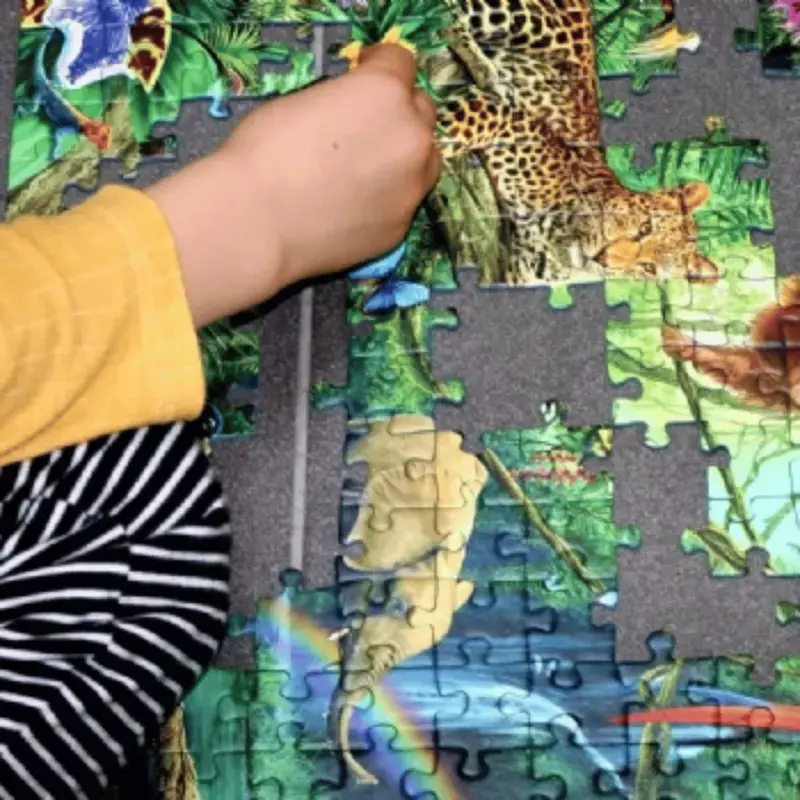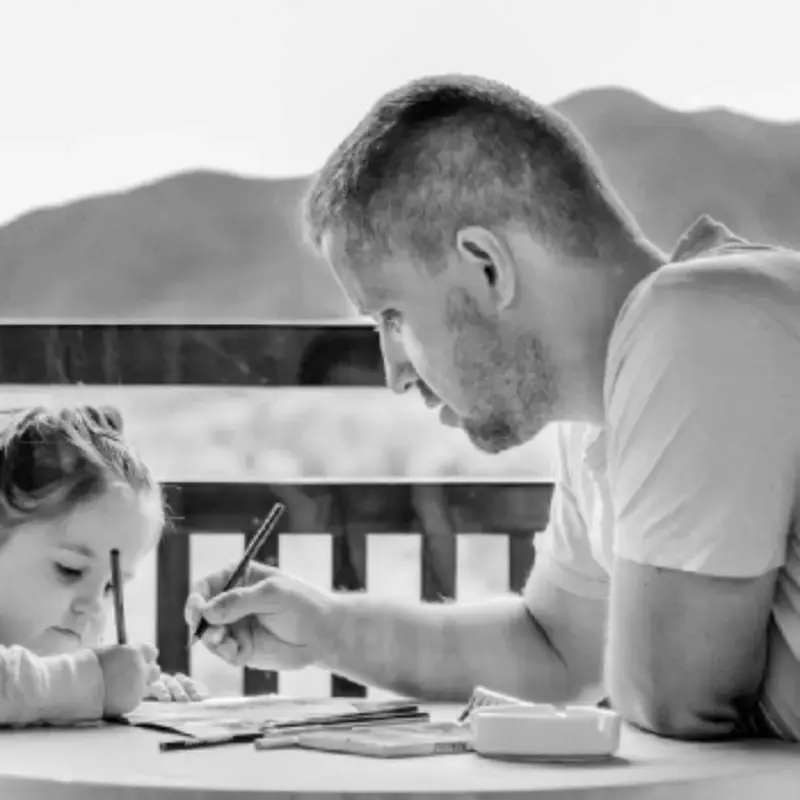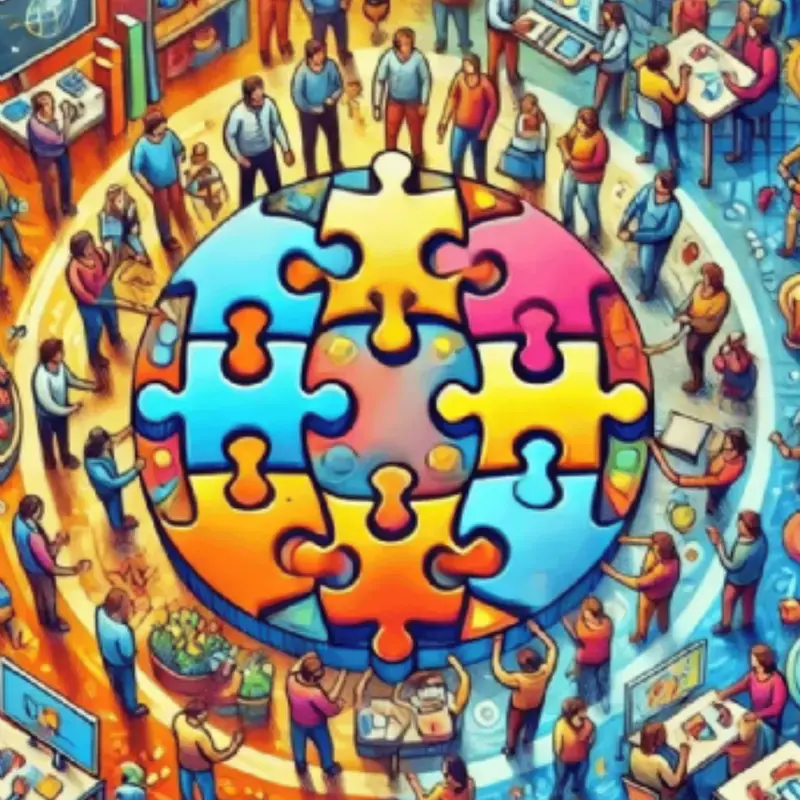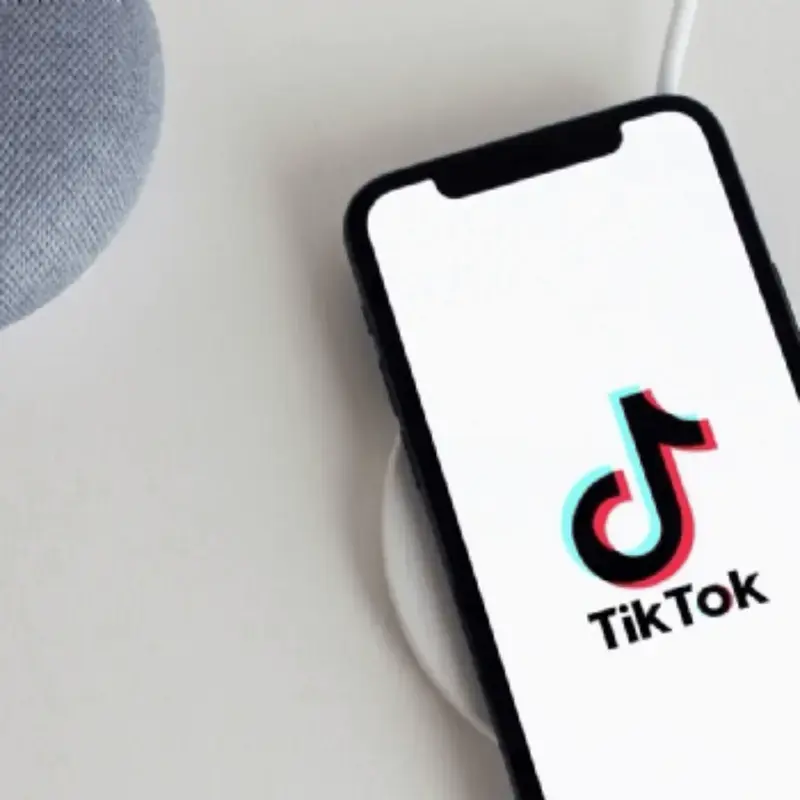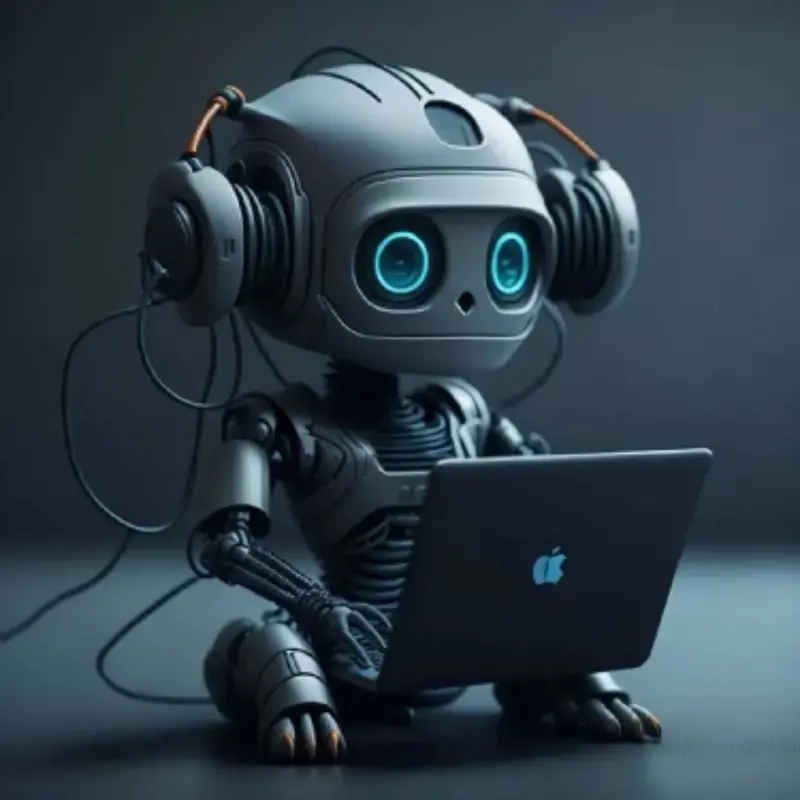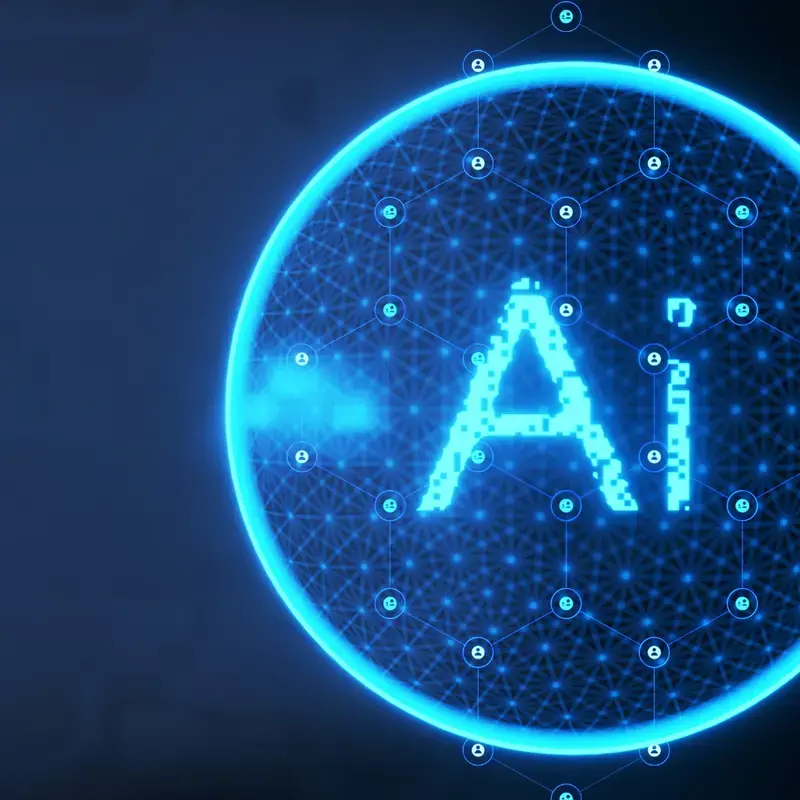AI Is Coming for Their Jobs: How Do We Future-Proof Our Children
The future belongs to those who think, feel and create beyond the algorithm...
Every few days, another headline seems to emerge predicting the end of humanity as we know it as Artificial Intelligence (AI) sweeps all before it. Only just today I read about an AI rock band in America that has just reached the top of the Billboard charts, with fans clamouring to know when the band are touring. Businesses are scrambling to use AI everywhere, from writing letters to interviewing candidates, to constructing financial analysis.
As AI accelerates, many people worry not just about what it can do, but what it will displace. McKinsey’s finding that 32% of professionals expect their workforce to shrink due to AI, and Gartner’s forecast that 39% of the global workforce will face disruption in the next 2–5 years, are sobering reminders. In the UK, this isn’t speculation - a recent report from the Chartered Institute for Personnel and Development (CIPD) reveals that 26% of large businesses are already planning workforce reductions, with junior or administrative roles most at risk.
At the same time, demand for AI skills is booming. PwC’s 2024 barometer shows UK job postings for AI-related roles are growing 3.6x faster than average, and employers are offering a 14% wage premium for AI competency. These dynamics tell a bigger story: The future workforce won’t just be about more or fewer jobs, but very different ones. That’s exactly why we need to ask - what skills will truly future-proof our children?
Education is not immune
Schools are already claiming to have unearthed the holy grail of AI as a means of unlocking untold potential in children and using personalised learning agents for everything from projects to revision guides. School leavers seem most in the firing line presently as their chances of ever securing a good job post-degree are in the spotlight. We tend to talk about AI as if it were a rival, an unstoppable opponent threatening to take our jobs and our children’s futures. However, like every new technology, this one won’t replace humans - it will replace tasks, simplifying daily life. Much like the calculator before it, routine tasks can be easily outsourced to an AI bot, and this should be embraced. However, AI is still only an algorithm, it cannot provide care, imagination or judgement – these skills are inherent in the human condition.
How to avoid being outsourced by AI
That means the most valuable skills of tomorrow are the most deeply human ones today. The future belongs to those who can best leverage these difficult-to-replace humanistic skills, those who can connect deeply with other people, build teams and innovate - all the while using AI and other forms of machine learning to augment their experiences.
AI can simulate empathy, we’ve heard stories of it being used as a pseudo-counsellor, agony-aunt and parenting guru but it cannot (yet) feel or understand, it doesn’t appreciate context nor uncertainty. It required prompting, it is not in and of itself, creative. In each sphere of life, our ability to build trust and read emotion, communicate with warmth, will only become more valuable over time. A child who can listen with patience, sense mood and speak with sincerity will always stand out because people follow those they believe in.
Teaching children to be human
Schools are microcosms of this truth. The most effective pupils will increasingly be those who can work with others, speak in front of a crowd, resolve conflict and bring energy to a shared goal. In adulthood that same emotional literacy becomes leadership and will always be highly valued. Our children are growing up in a world where information is infinite, but wisdom is scarce. The challenge is no longer access to data but discernment – knowing what to trust, how to question and when to pause before believing. Critical thinking is a crucial part of asking why, when and who, when presented with new information. It is about recognising bias, spotting assumptions, and understanding that knowledge and morality are not the same thing.
So what role do parents and schools play in this new-tomorrow?
We cannot prepare children for a single predictable future because there isn’t one. We can however prepare them to thrive in any future and prepare them for the journey ahead. Digital literacy will help children use the tools of tomorrow - but it is their character, curiosity and humanity that will shape the world they build with them. As AI transforms careers and workplaces, our responsibility is clear: to raise young people who can think deeply, question wisely, collaborate purposefully and lead with integrity. Education must evolve accordingly. Our children deserve an education that prepares them not just for jobs, but for life — one that grows both their capability and their character.
Overall, when you next hear about an AI breakthrough, don’t panic, just smile and know that every advancement in technology brings a corresponding initial concern before we learn how to use it to our advantage. Our task as educators and parents is not to compete with machines but rather to cultivate what we can’t replicate.
Remember, we’re not raising coders or consumers. We’re raising humans.



